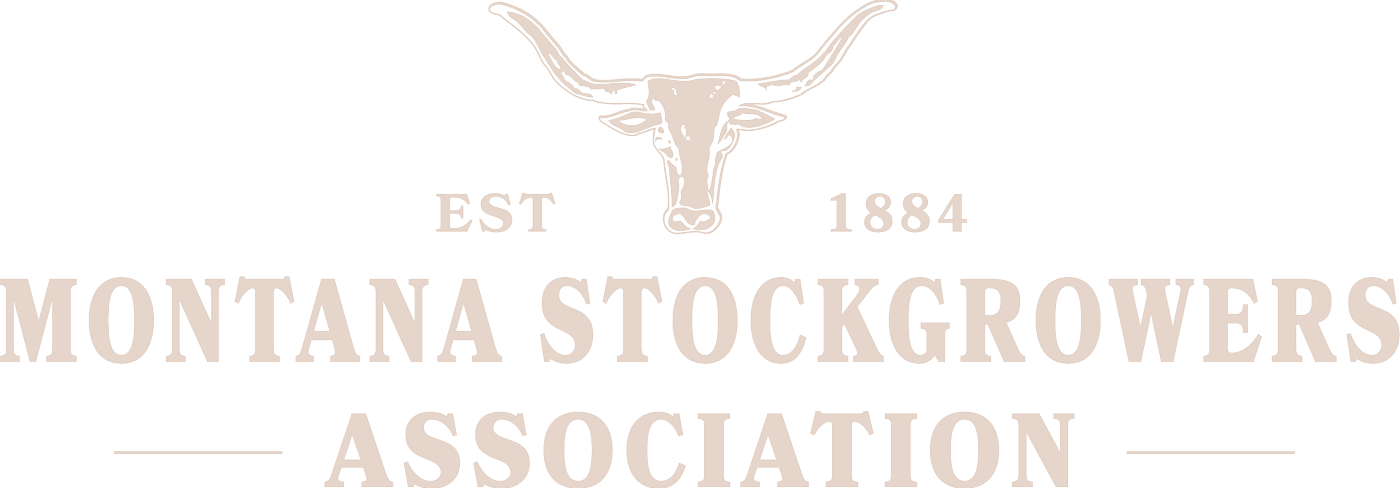Today organizations representing livestock, bee, and fish haulers across the country submitted a petition to the Department of Transportation (DOT) requesting additional flexibility on Hours of Service (HOS) requirements. The petition asks for a five-year exemption from certain HOS requirements for livestock haulers and encourages DOT to work with the livestock industry to implement additional fatigue-management practices.
Current rules limit drive time to 11 hours and limit on-duty hours to 14. Instead, the organizations request that livestock haulers be granted approval to drive up to 15 hours with a 16-hour on-duty period, following a 10-hour consecutive rest period. Any livestock hauler wishing to operate under the extended drive time would be required to complete pre-trip planning and increased fatigue-management training.
“We are concerned that the 11- and 14-hour rules were not drafted with livestock haulers in mind and thus do not accommodate the unique character of their loads and nature of their trips,” the organizations wrote. The current requirements “place the well-being of livestock at risk during transport and impose significant burdens on livestock haulers, particularly in rural communities across the country.”
The strong safety record of livestock haulers demonstrates their ability to ensure the well-being of both live animals and other drivers on the road. A 2014 analysis by the Federal Motor Carrier Safety Administration found that livestock haulers were underrepresented in truck-involved fatal crashes. Data cited in the petition also shows that, between 2013 and 2015, livestock haulers accounted for 6.6 percent of all commercial drivers but less than one percent of crashes involving large trucks.
Australia already implements rules for livestock haulers that focus on safety outcomes, not prescriptive limits. The petition encourages DOT to work with industry to develop and implement similar measures.
The petition was signed by the National Cattlemen’s Beef Association, Livestock Marketing Association, American Farm Bureau Federation, American Beekeeping Federation, American Honey Producers Association, and the National Aquaculture Association.
Source: NCBA Press Release
